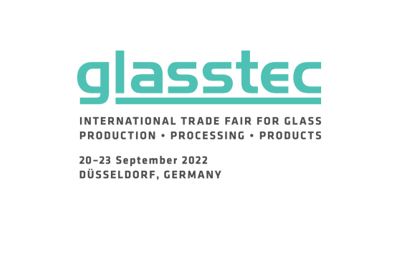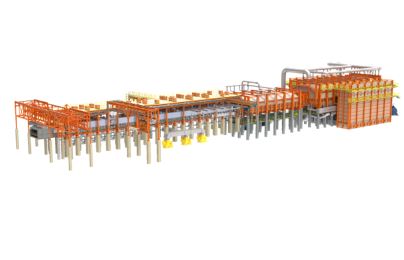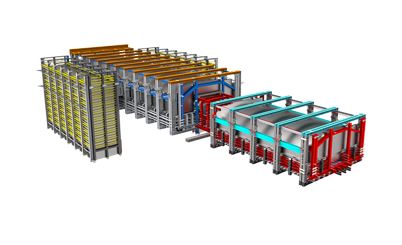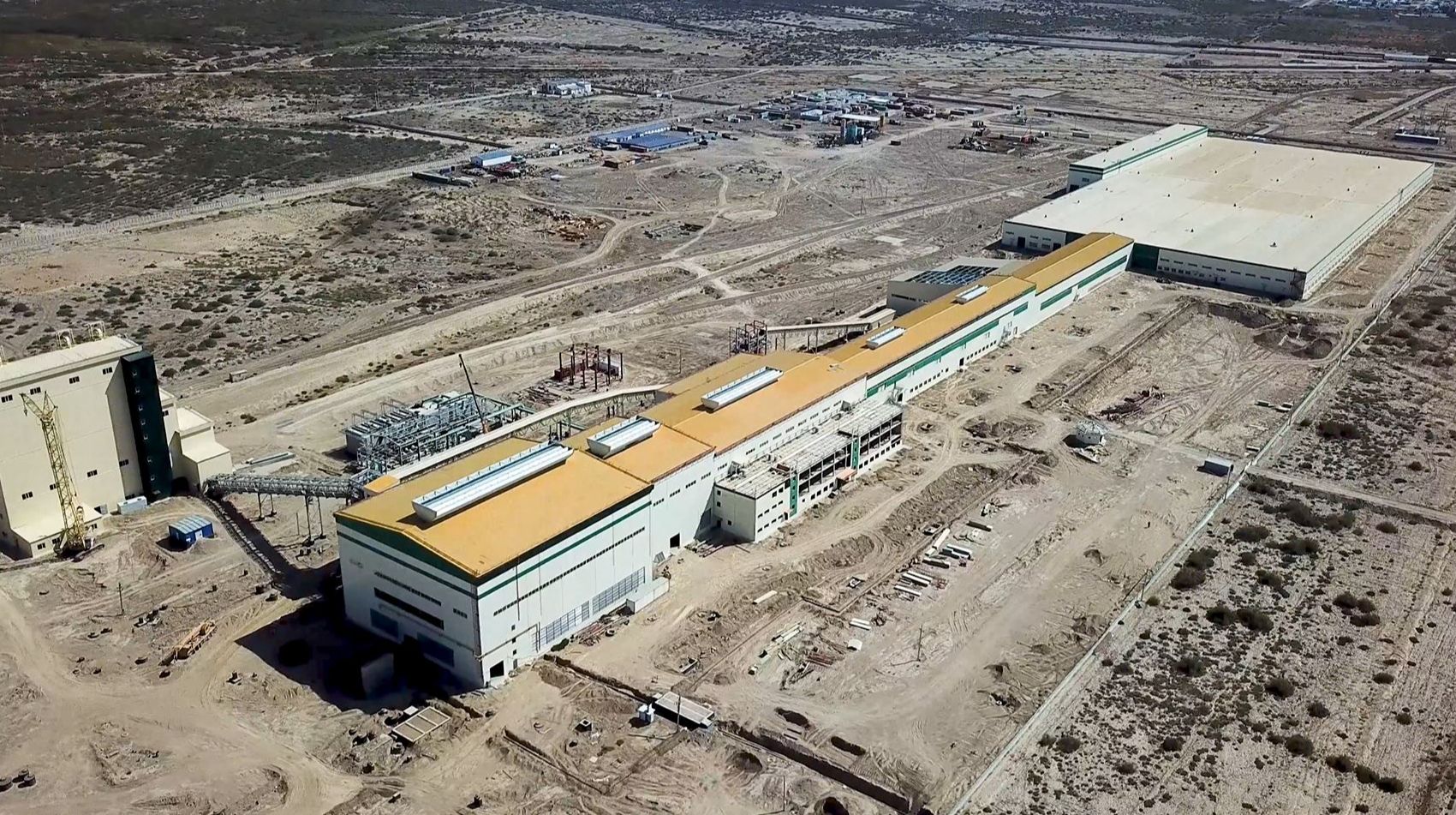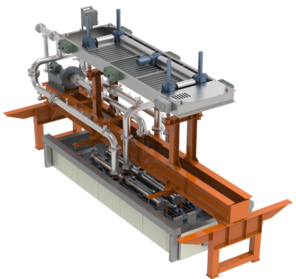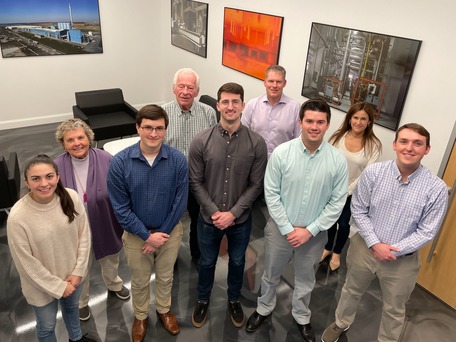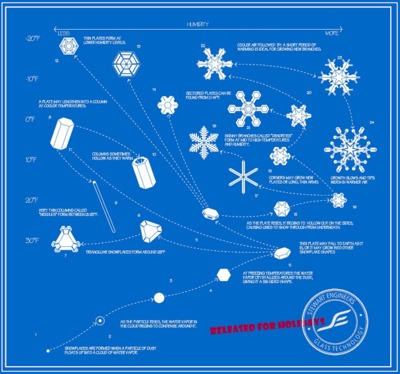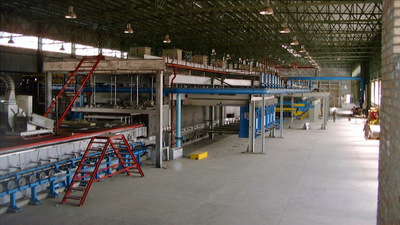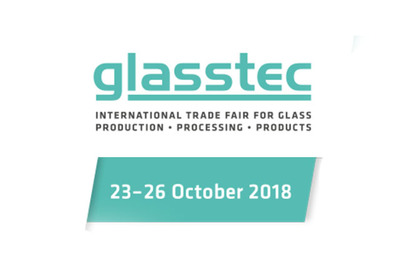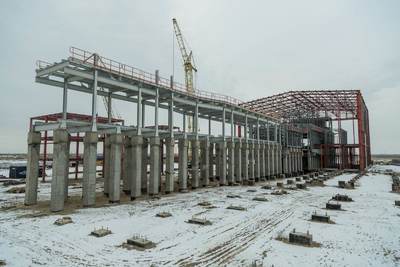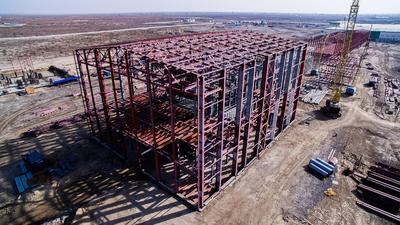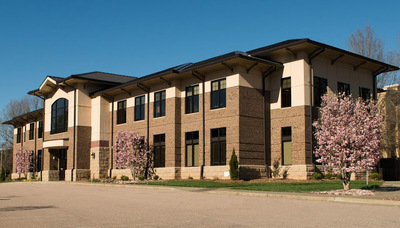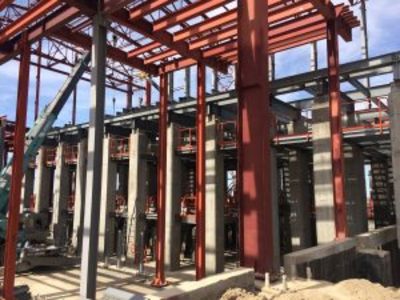Stewart Engineers' Industrial Process Control
What is Industrial Process Control
Extremely accurate industrial process control is the key to strong float glass operations. Glass making demands precision. For example, the glass level in the furnace is often controlled within +/- 0.005 inches, which canal temperature is typically controlled within +/- 1 degree C
Analog outputs are controlled by Proportional-Integral-Derivative (PID) loops. The proportional constant determines the amount of response to a deviation from the setpoint. The integral portion resets the response at a given time interval, and the derivative is used for slow loops that adjust the output based on the slope of the deviation from the setpoint.
Why Stewart Engineers' Industrial Process Control
Knowledge of the control process is key for accurate loop timing and therefore accurate and repeatable control. Stewart Engineers' expertise in the glass industry allows for creative solutions and more precise control.
For example, the amount of time that glass is in the lehr zone is determined by line-speed. Thicker glass moves slowly through the lehr while thinner glass moves significantly faster. This line-speed can be used to calculate the response time (Integral Control Valve) for each lehr one based on the respective zone length. This provides the best annealing control response at any line-speed or glass thickness.
Stewart Engineers' extensive knowledge of control systems and the float glass industry makes us your trusted supplier for all float glass needs. For more information on world-class glass factories with state-of-the-art control systems, visit our website at http://stewartengineers.com.

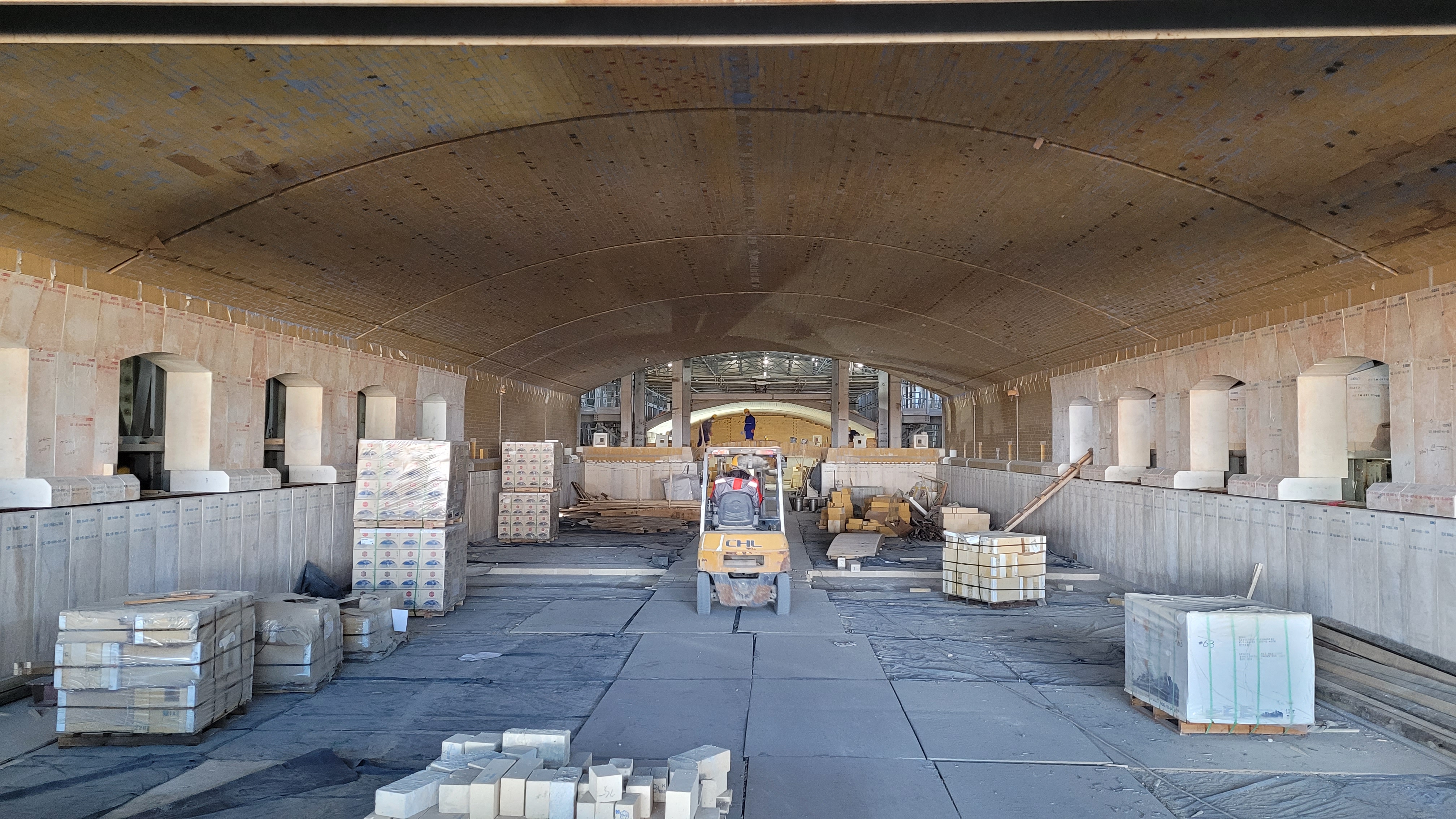
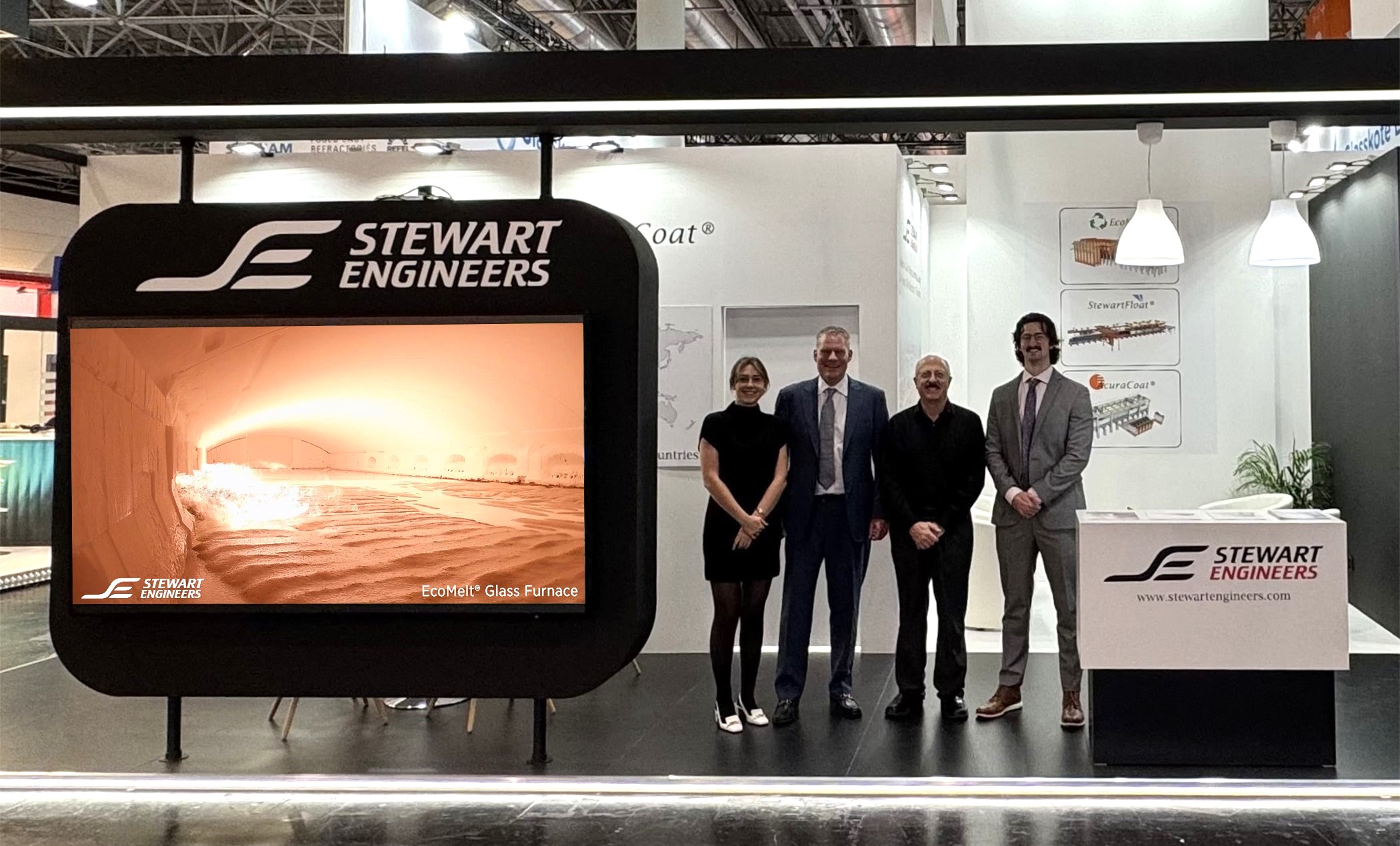
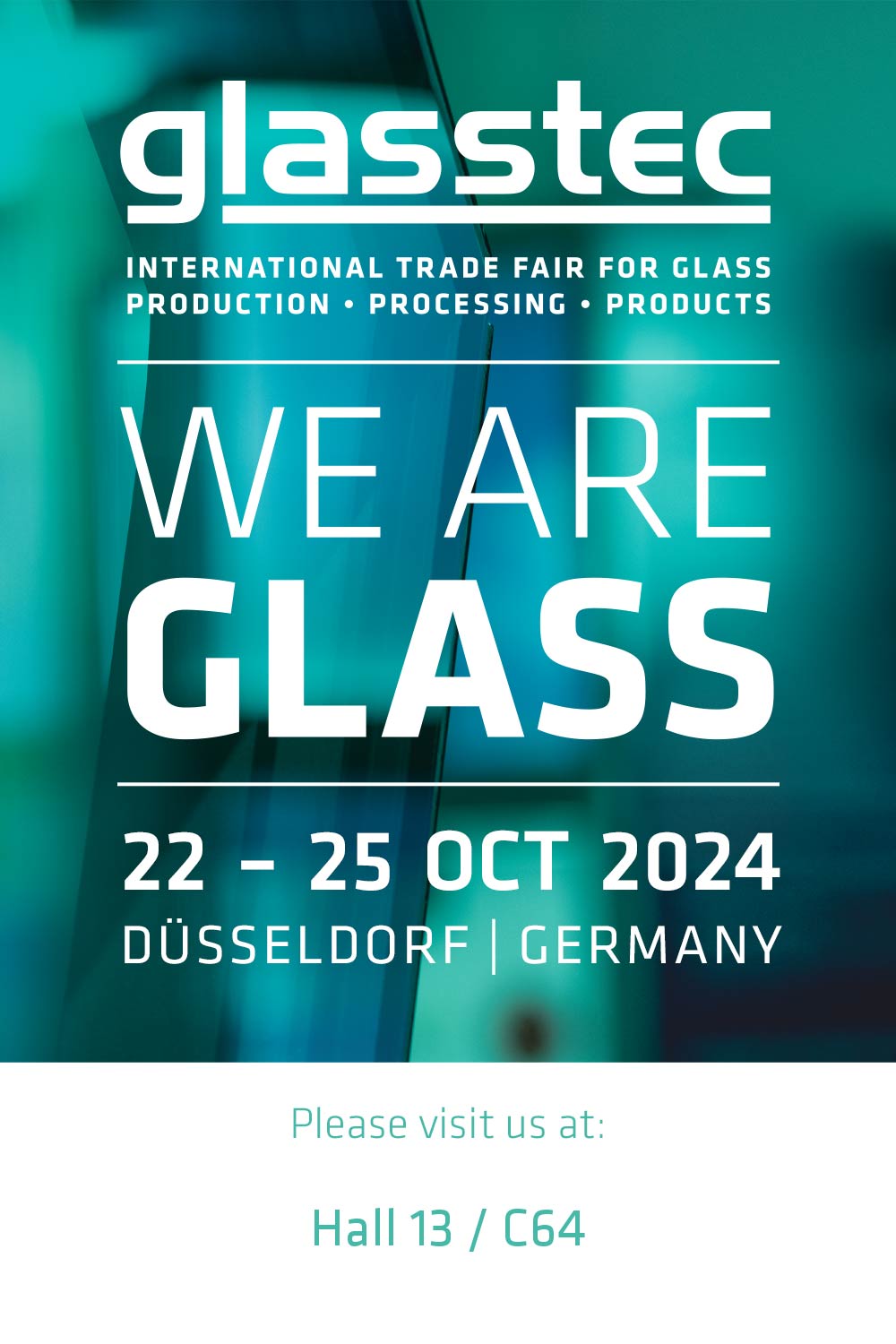
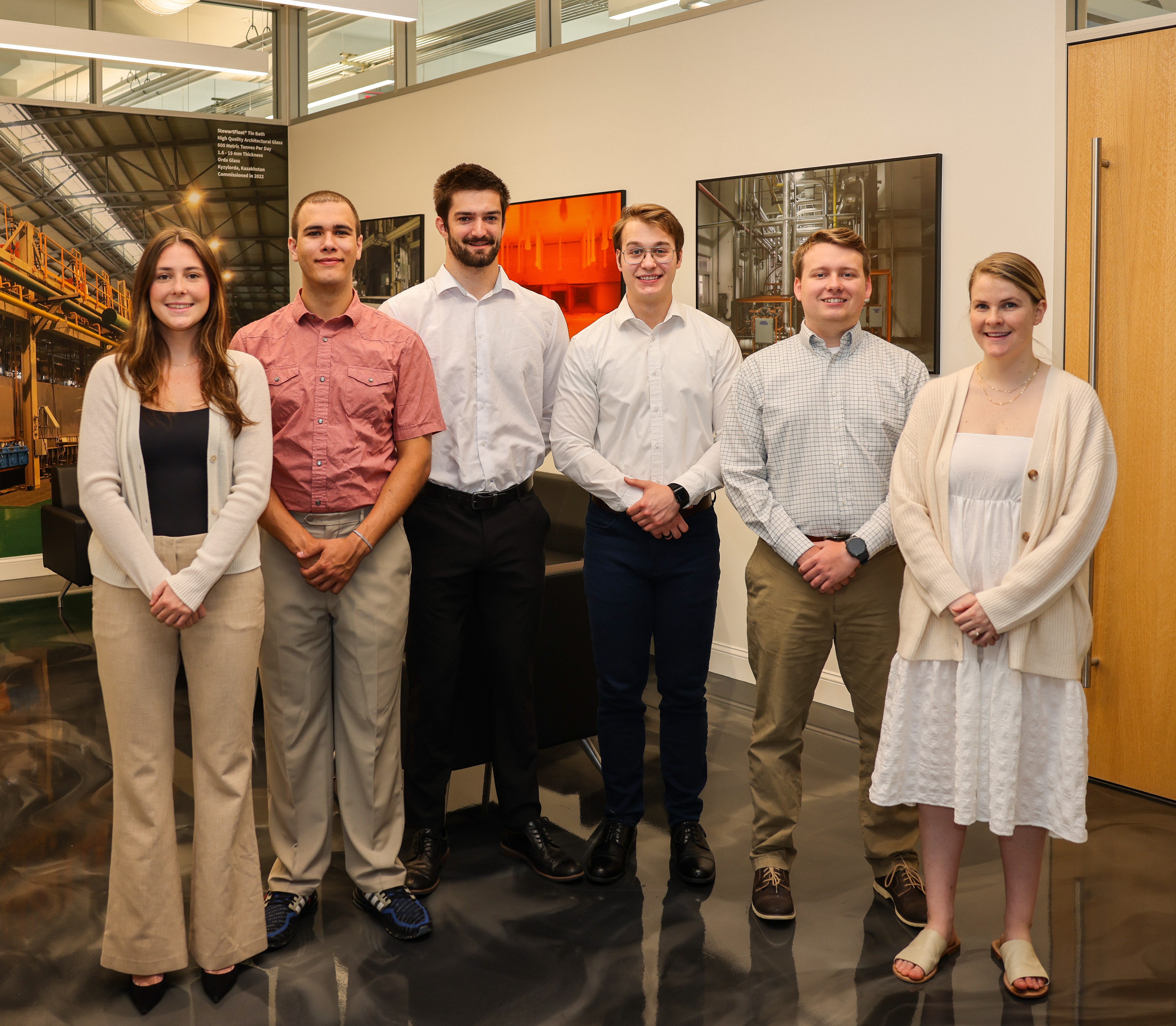
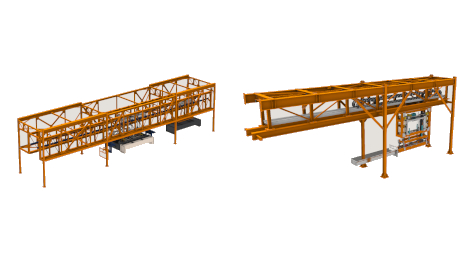

-coatings-thumb.jpg)
